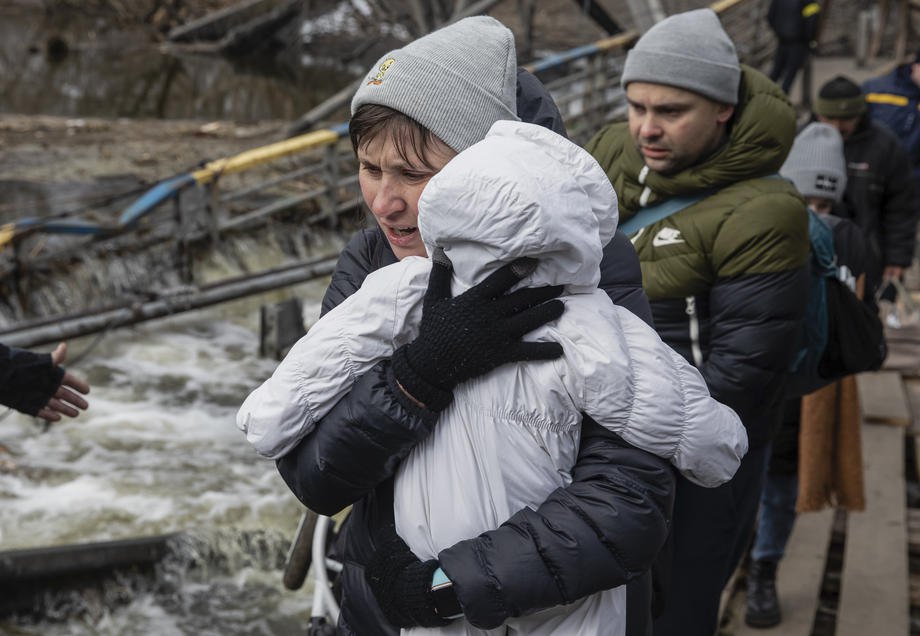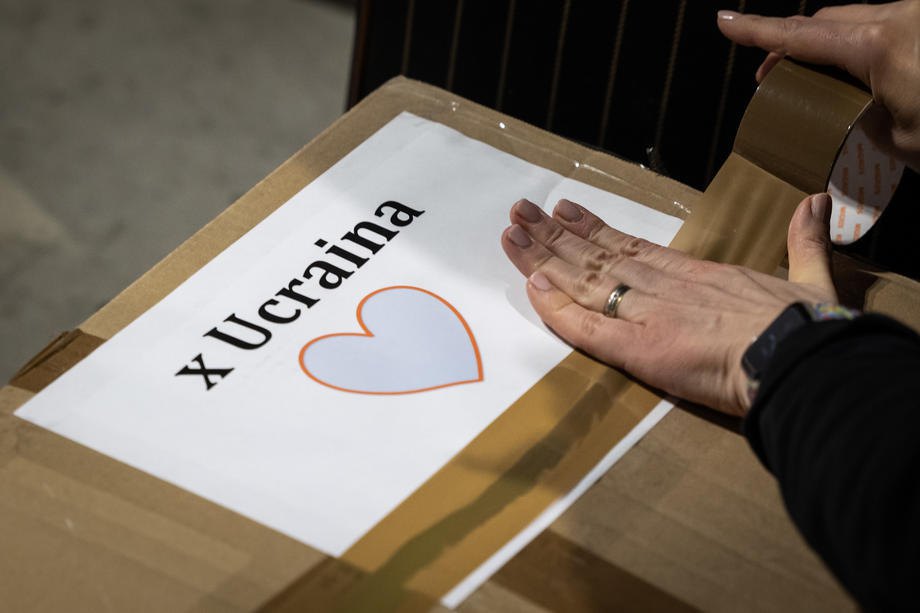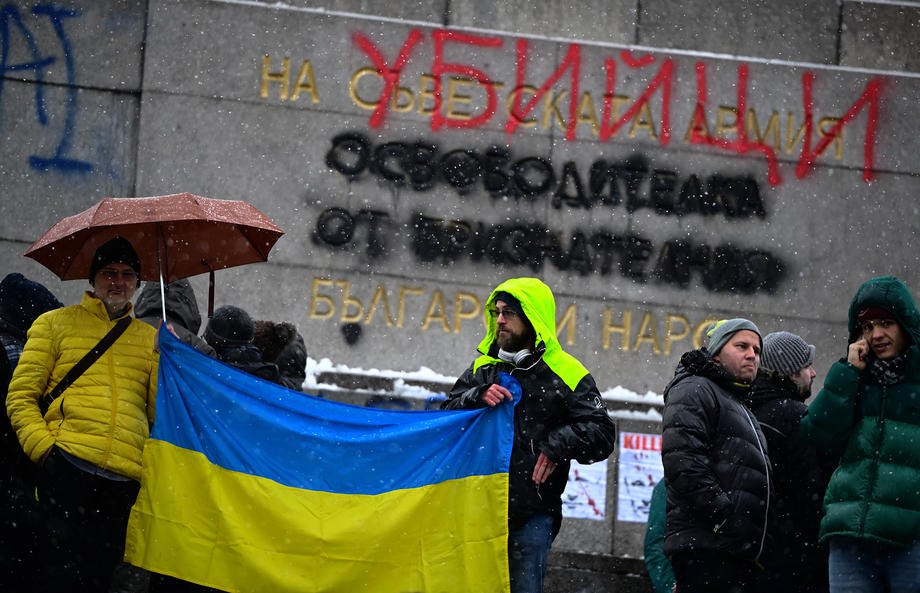
The question about Gelman is still open, he is the person who did not see any problem to return to Russia in 2020, because by that time there had been changes in the Presidential Administration of the Russian Federation that guaranteed his safety: Vyacheslav Volodin was replaced by Sergei Kiriyenko. It is the Mr Kiriyenko, whose mayoral campaign was supported by Marat Gelman and Gleb Pavlovsky through their "Effective Politics Fund" in 1999.
It does not seem possible to believe in the good intentions of the character with such a background, especially if he publicly shows off his help and involves the Ukrainian embassy in this. Furthemore, from the very beginning the entire current campaign to popularize works of Ukrainian artists was declared by Gelman as an action aimed at the possibility of "to restore relations with Ukrainians when the war is over." In the local media there are already headlines "Art beyond borders and war" about the exhibition organized by Marat Gelman.
But all this pathos is irrelevant for Ukraine here and now. It is irrelevant because Ukrainians defend their borders with blood and sweat and demand the territory integrity and inviolability of state borders. It is not possible to talk about “restoring relations” when missiles are flying over Ukraine and when maternity and children’s hospitals are shelled in our country, and the Russian Foreign Minister claims that all this is still not an attack on Ukraine, but an attempt to “respond to a threat to their own security”.

“Not so Russians” abroad must decide what they really want: to help Ukraine or whitewash themselves and achieve good publicity. If the goal is to help Ukraine, it makes sense to help organizations that already exist in Ukraine that help the Ukrainian army and other forces involved in the defense of our country, for example, through the Сome Back Alive Foundation. At the benefactor's request, their personal data may not be disclosed, and it is quite possible to transfer money for organizational needs if it is not possible to donate protective equipment for people fighting for Ukraine. And if the task is to "save face" and leave a good impression about yourself in the host country, Ukrainian embassies will not be suitable for this.
Our diplomatic institutions are not a platform for Russian PR. Especially now, when we have finally severed diplomatic relations with the Russian Federation and when the whole country refuses to cooperate with the Russians in all spheres and appeals to the whole world to do the same. Inviting Russian experts to various international platforms is not a presentation of an alternative point of view, but precipitation of Russian propaganda and attempts to exclude guilt from individual Russian experts/analysts/public figures.
Ukraine will do everything to make sure that Russian war criminals are held accountable for everything they have done; held accountable on the battlefield right now, held accountable in the courts, held accountable for crimes against the Ukrainian people everywhere in the world.

To distance oneself from Putin's Russia through an attempt to "establish a dialogue with Ukrainians" will not work right now. To start a dialogue, it is necessary to stop hostilities, to admit the guilt, moreover, the collective guilt for conciliation and permission given to Putin to do everything that he has done to us for the past eight years and the last weeks, to pay reparations. Prior to this, dialogue is possible only on existing negotiation platforms and on the battlefield.








